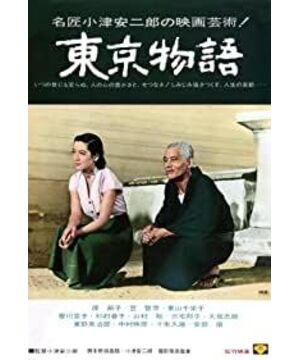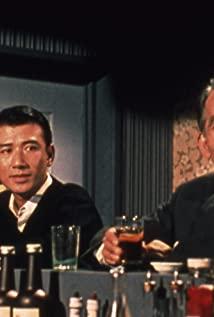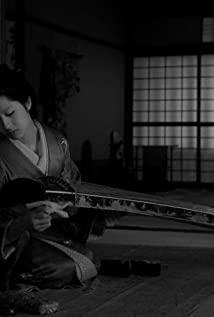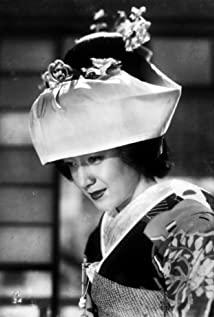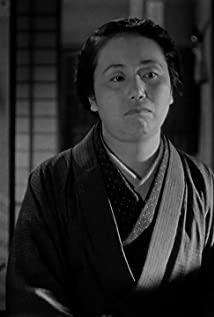In his masterpiece "Tokyo Story", Yasujiro Ozu shows us the subtle emotions between parents and children with delicate and plain lens language. Parents come to Tokyo from the countryside to find their children, but the children are not willing to entertain them in a slightly extravagant way, and even a little disgusted and bored after that. The mother went to her daughter-in-law's house to stay for one night, and felt a long-lost touch. The father, on the other hand, was out drinking with his old friend all night, and returned drunk, making his daughter furious. The mother became critically ill shortly after her return. After the children found out, they all went back to visit, and soon their mother died. After the funeral, both the eldest son and the eldest daughter left in a hurry. The younger daughter did not understand the behavior of her elder brothers and sisters, and I wondered why they did not want to stay with her father more. The sister-in-law, who stayed for a few more days, told her that her brothers and sisters have their own lives and that everyone has selfishness. When they get married and have children, they will not be more concerned about their parents. Their gratitude will gradually fade, and they will be more concerned about their children.
The film reveals the selfless dedication of parents to their children in a very detailed and genuine way, but the gratitude of children cannot be like this. It is selfishness that covers up the grateful heart, so that when people think of gratitude, they cannot abandon their own selfishness, thus creating a breeding ground for unfilial piety and ingratitude, and giving many people a reason to be unwilling to be grateful. Abandoning one's selfishness to be grateful to others is an attitude towards life, a philosophy of doing things, and a principle of life. And our parents love us unselfishly and expect nothing in return.
View more about
Tokyo Story reviews


